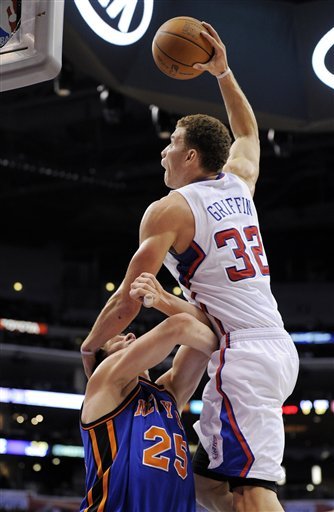Indeed wrote:Luv those Knicks wrote:Mediocre teams overpay to keep their players. I think smarter ownership, today would rebuild more, or sign expiring deals to get past the vet minimum and get stuff via trade. Look at what the Raptors paid Quickley, who's a nice player but not worth 32 million.
The max contract provision makes it possible for small market teams to compete and that's a good thing. Sure, some GMs have given it out when they probably shouldn't have, but that's happening less lately. I think it's a pretty good system overall. Big revenue teams don't dominate like in baseball and there's a reasonable balance between players and owners in terms of negotiations and power. The only players who get a bad deal are the ones who are worth more than a max deal and that's like 4 players.
More like the other way around. Knicks and Lakers are teams to be in the tax. Small market teams will have a harder time to compete.
We're talking about two different things.
One is, what a team pays its players to keep them, and the other is total salary and tax/penalties. I agree with you that higher revenue teams are more willing to go over the aprons though the evidence doesn't strictly back that up. The highest salary teams currently are Phoenix, Mini, Boston & Milwaukee - not exactly big markets, with NY 5th and the Lakers 6th.
But my point is, and I should have more examples, but I have only one from memory. Toronto extended Immanuel Quickly to a 5 year, 175 million deal. That's a lot. NY traded Quickly, partly to get OG Anunoby, but party because they didn't want to pay him. It's not that NY is cheap, because they've overpaid players before. It's that NY respects the aprons, so NY has been one of the tougher teams making negotiations. The got Josh Hart to sign cheap. They got McBride to sign dirt cheap and Brunson signed a year early for much less than he's worth. In Brunson's case, he got guaranteed money, and he seems to want to win, so he had 2 reasons for doing this, but some people were pretty upset about it. OGA played chicken with NY and got a rich contract, but NY negotiates hard. They signed RJ Barrett, who, granted, wasn't very good in NY to a team friendly contract. Usually, #3 overall picks with upside sign for more they got him for well under the max and even Randle signed a somewhat team friendly deal, which he signed after his best season, he's been hot and cold since then, so you can say he was paid fairly, but at the time, he took less than he probably could have if he'd played hardball.
So, NY often plays cheap with players now because they respect the apron. If they ever landed a super-team, they might just pay them and go way over, but the last several years, NY has watched the aprons and signed players cheap.
Now, teams like Toronto, or Dallas - in the case of Toronto, they didn't want Quick to explore free agency, so they overpaid him. Dallas is choosing not to overpay their players (Luka / Grimes), so they're going cheaper. And Dallas isn't exactly a small market, more midsized. But teams like Minesota, Utah, Memphis, etc., have a harder time convincing their good young players to sign and avoid free agency, and if they want to extend them, they might often have to overpay a bit.
So that's what I meant by smaller markets overpaying. This was the case before max contracts as well. I think the max contracts probably help them.
does that make sense?









